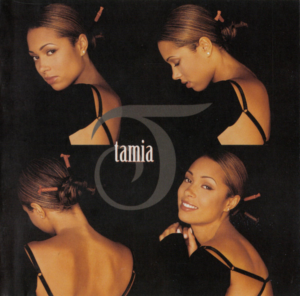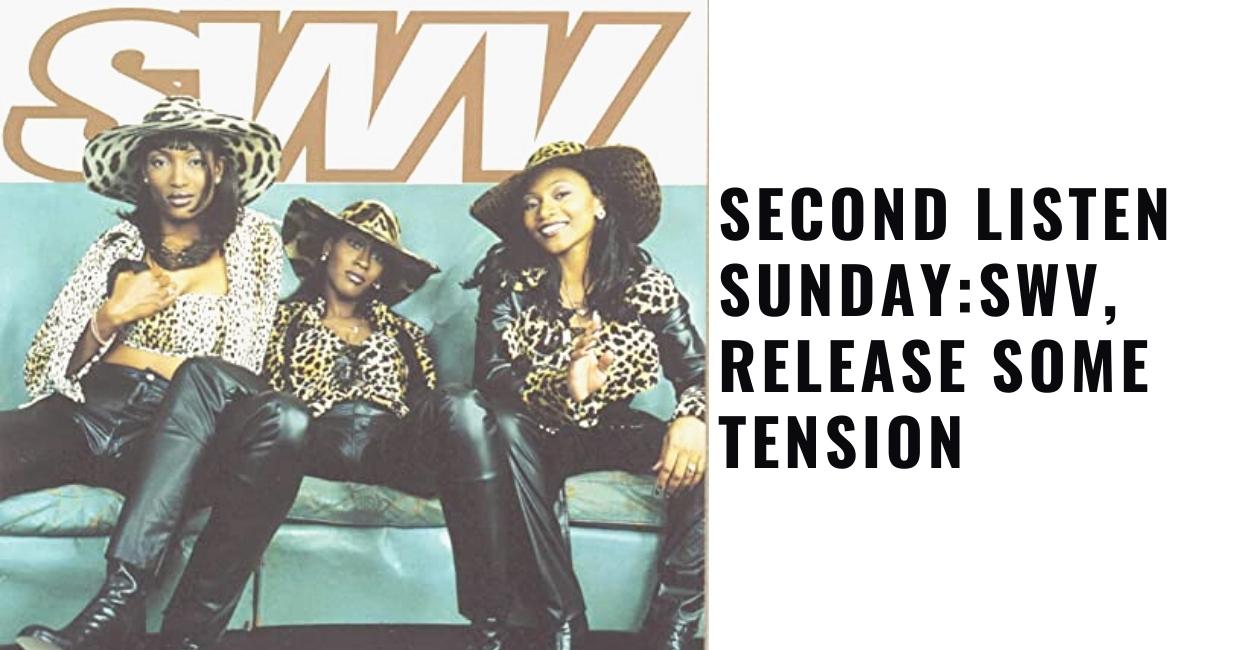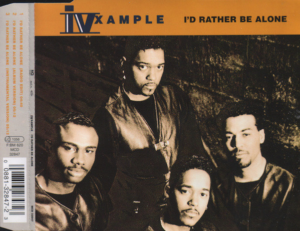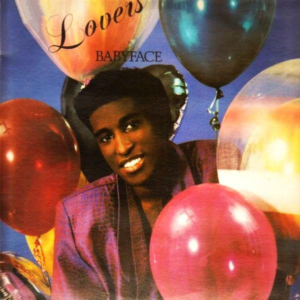Following a successful world tour supporting their first two albums, R&B trio SWV returned to the studio to begin work on album #3, Release Some Tension. Arriving in record stores on August 12th, 1997, Release Some Tension was led by the single “Can We” (featuring Missy Elliott). Initially appearing on the soundtrack to Booty Call, “Can We” was co-written and produced by the winning duo of Timbaland and Missy Elliot.
Coko sings the song with unabashed confidence, while Taj and Leelee provide excellent background vocals and pitch-perfect harmony. Missy opens the song with a fresh Hip Hop verse before Coko’s signature vocals turn the track into another SWV bop. For the second single, “Someone”, they turned to in-demand producer Sean “Puffy” Combs.
Harve “Joe Hooker” Pierre, Jeremy A. Graham, and Kelly Price open the song, while Combs co-produces with Jay Dub. As you know, Combs was never one to shy away from a sample. “Someone” samples “Ten Crack Commandments” and “The World is Filled” from Bigge Smalls recently released album, Life After Death. Similar to the first single, Combs opens the song with a decent verse before allowing the group to come in and shine.
“Rain” was the album’s last single and found the group reuniting with producer Brian Alexander Morgan who contributed eight songs to their debut and three to their sophomore album. Morgan flipped “Portrait of Tracy” by bassist Jaco Pastorius into one of the group’s concert staples and one of the best songs of the year. Coko leads the song while Taj and Leelee provide backup vocals, and their voices mesh perfectly.
The remainder of Release Some Tension finds the group returning to the Hip Hop soul vibe that carried their debut. Foxy Brown, Redman, Lil Ceasar, Snoop Dogg, Lil Kim, and E-40 all make appearances. The results come across strong for the most part, and I get the vibe the ladies were going for. However, songs such as “Come and Get Some” did not need a rap verse, as they were already strong. While E-40 is a Bay Area Legend, I have never considered myself a fan, and his bars seem out of place on the song.
Similarly, while Taj sings the hook on the albums closing song, “Getting Funky,” featuring Snoop Dogg, the other two group members are MIA. Honestly, the track seems more like a leftover from the West Coast rapper’s Tha Doggfather sessions. I would have preferred the group close the album out with “Tell Me How You Want It” from the Money Talks soundtrack instead.
I cannot forget about the ballads on the album’s second half. “When U Cry” is a solid album track, as are “Lose Myself” and “Here for You,” both of which feature the production talents of The Characters. Release Some Tension would serve as the trio’s final album of original material until 2012’s I Missed Us. Release Some Tension is a commendable initial swan song for the group’s nineties era and by no means a misfire.
Final Grade: B
Release Some Tension is available on all streaming platforms






